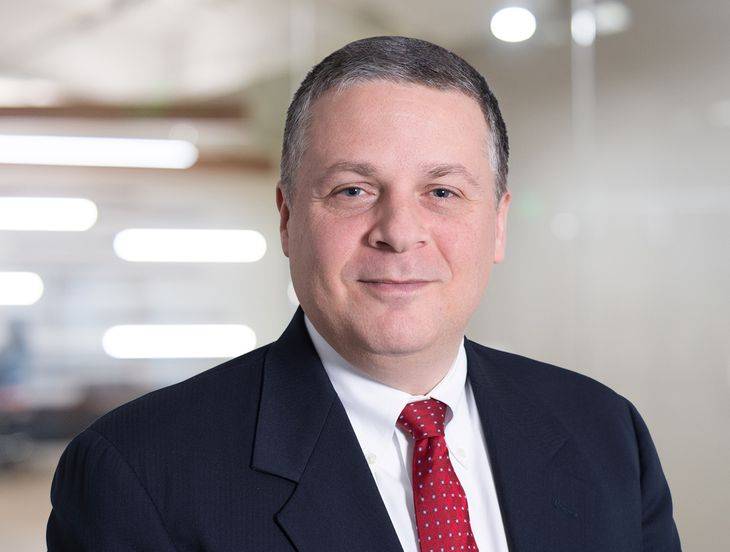Jury Orders SAP to Pay Oracle $1.3 Billion For Theft of Software and Documents
Insights
11.24.10
If you had dismissed Oracle's lawsuit against rival SAP as just one more squabble between giant IT competitors, you likely weren't alone. But yesterday afternoon, all that changed when a nothern California jury ordered SAP to pay Oracle a whopping $1.3 billion for theft of software and related documents. According to Oracle's Complaint, the case arose out of "a conspiracy by German software conglomerate SAP AG to engage in and cover up corporate theft of Oracle intellectual property on the grandest scale." (A copy of Oracle's Fourth Amended Complaint available in pdf format at the bottom of this post)
Before the trial even began, SAP admitted that TomorrowNow, a company it acquired in 2005, had illegally downloaded software and documents from Oracle through the use of a web scraper (a computer software that systematically extracts information from websites). Despite SAP admitting liability for its subsidiary's conduct, the gap between the parties' positions was tremendous. SAP claimed that it should only be held to pay for the money it made by using the purloined assets, somewhere in the neighborhood of $40 million. Oracle was thinking of a different neighborhood, and apparently the jury agreed. The $1.3 billion verdict represents more than half of SAP's profits last year, and is one of the largest ever for a suit of its kind.
FORTUNE previously quoted Oracle's General Counsel as stating "SAP's admitted infringement is unprecedented. SAP's web scraper alone resulted in millions of copies of Oracle's downloaded software and support materials on SAP's servers. That's before you even get to the thousands of copies of Oracle applications software made from Oracle's CDs. Don't underestimate how unusual this suit is."
SAP is almost certain to appeal the result, and the Department of Justice is reportedly uncertain as to whether it will file criminal charges.
Although the case was clearly more oriented towards intellectual property concerns such as copyright infringement, a lesson stands for non-compete and trade secret plaintiffs and defendants. Juries are willing to punish bad actors.
Michael R. Greco is a partner in the Employee Defection & Trade Secrets Practice Group at Fisher Phillips. To receive notice of future blog posts either by Mr. Greco or other members of the Practice Group, you may subscribe to this blog's RSS feed or follow Mr. Greco on Twitter at @MGrecoEsquire or Fisher Phillips on Twitter at @labor_attorneys.
Related People
-
- Michael R. Greco
- Regional Managing Partner
